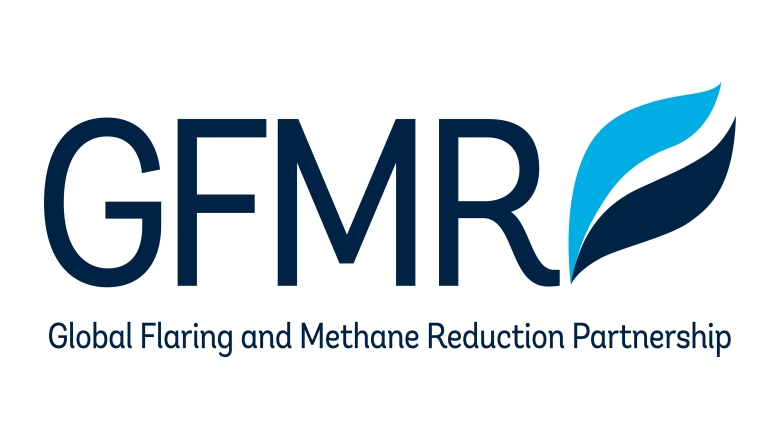Zero Routine Flaring by 2030 Initiative Text
Global Initiative to Reduce Gas Flaring: “Zero Routine Flaring by 2030”
During oil production, associated gas is produced from the reservoir together with the oil. Much of this gas is utilized or conserved because governments and oil companies have made substantial investments to capture it; nevertheless, some of it is flared because of technical, regulatory, or economic constraints. As a result, thousands of gas flares at oil production sites around the globe burn approximately 140 billion cubic meters of natural gas annually, causing more than 300 million tons of CO2 to be emitted to the atmosphere.
Flaring of gas contributes to climate change and impacts the environment through emission of CO2, black carbon and other pollutants. It also wastes a valuable energy resource that could be used to advance the sustainable development of producing countries. For example, if this amount of gas were used for power generation, it could provide about 750 billion kWh of electricity, or more than the African continent’s current annual electricity consumption. While associated gas cannot always be used to produce power, it can often be utilized in a number of other productive ways or conserved (re-injected into an underground formation).
This “Zero Routine Flaring by 2030” initiative (the Initiative), introduced by the World Bank, brings together governments, oil companies, and development institutions who recognize the flaring situation described above is unsustainable from a resource management and environmental perspective, and who agree to cooperate to eliminate routine flaring no later than 2030.
The Initiative pertains to routine flaring and not to flaring for safety reasons or non-routine flaring, which nevertheless should be minimized. Routine flaring of gas is flaring during normal oil production operations in the absence of sufficient facilities or amenable geology to re-inject the produced gas, utilize it on-site, or dispatch it to a market. Venting is not an acceptable substitute for flaring.
Governments that endorse the Initiative will provide a legal, regulatory, investment, and operating environment that is conducive to upstream investments and to the development of viable markets for utilization of the gas and the infrastructure necessary to deliver the gas to these markets. This will provide companies the confidence and incentive as a basis for investing in flare elimination solutions. Governments will require, and stipulate in their new prospect offers, that field development plans for new oil fields incorporate sustainable utilization or conservation of the field’s associated gas without routine flaring. Furthermore, governments will make every effort to ensure that routine flaring at existing oil fields ends as soon as possible, and no later than 2030.
Oil companies that endorse the Initiative will develop new oil fields they operate according to plans that incorporate sustainable utilization or conservation of the field’s associated gas without routine flaring. Oil companies with routine flaring at existing oil fields they operate will seek to implement economically viable solutions to eliminate this legacy flaring as soon as possible, and no later than 2030.
Development institutions that endorse the Initiative will facilitate cooperation and implementation, and consider the use of financial instruments and other measures, particularly in their client countries. They will endeavor to do so also in client countries that have not endorsed the Initiative.
Governments and oil companies that endorse the Initiative will publicly report their flaring and progress towards the Initiative on an annual basis. They also agree to the World Bank aggregating and reporting the same.
The parties that endorse the Initiative acknowledge that its success requires all involved – governments and oil companies, with the support of development institutions – to fully cooperate and take the action described herein to eliminate routine flaring no later than 2030.
